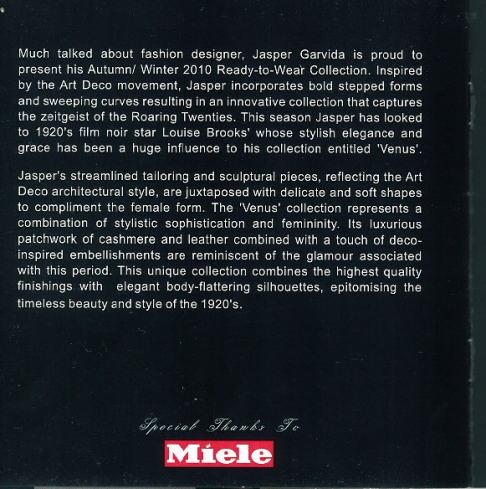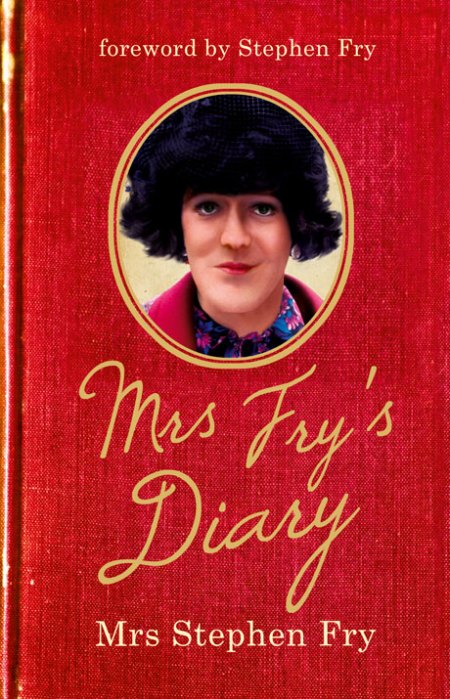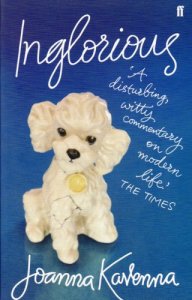On Monday, a friend told me that as part of the LSE Literature Festival, the LSE Language Centre was putting on a production of Bulgakov’s ‘Heart of a Dog’ for free. It’s strange – as an LSE alumni, I probably am becoming more aware of the literature scene at the university than I did when I actually studied there. Anyway, along I went with a friend to see the play, knowing very little about it apart from that it was based on a satirical novella by Bulgakov.
I was pleasantly surprised. I think I am someone who finds it difficult to lambast anything that it offered for free and although much of the acting was notably amateur, it didn’t detract from my enjoyment or interest in the plot. Very simply, the story follows a stray dog on the brink of death, who is taken in by an eminent Professor. The Professor then proceeds to perform an experiment on the dog, transplanting the pituitary gland and testicles of a recently deceased member of the Proletarian. The majority of the play follows the chaos and horror Sharikov (the dog-human) causes to the Professor, whose forays into eugenics seem to be going very badly indeed. Instead of ‘improving’ the human race, the Professor and his assistant Bormental despair at Sharikov’s lack of etiquette and scorn for manners, which he views as relics of Tsarism. In the end, they perform a reverse operation in what is a rather disturbing scene where they grab Sharikov by force. The play ends with Sharikov transformed back to Sharik (the dog he was initially) who seems to be ignorant of what has happened and relatively comfortable in his ignorance. Intermittently, we see the Communist influence as the Bolsheviks on the Housing Committee try to decrease the Professor’s living space but despite his clear anti-communist stance, he is able to get away with his arrangements due to his preeminence in the medical world.
I was impressed with the overall production which utilised a variety of materials, including a projector to portray the Professor’s notes post the experiment. I felt that they managed to successfully create a suspenseful and slightly perturbing atmosphere which was broken up by some comedic elements demonstrating the farce of Communism. I also found myself feeling incredibly sorry for Sharik, his plight and the way the Professor and Bormental used him for their perverse operation. Sharik, the dog, ironically seemed to be the character with the most human characteristics. The Professor’s hypocrisy and his inclination to ‘play God’ provided an interesting insight into the crazy world of eugenics and also made him a very interesting character to me. By the end, I couldn’t quite work out who I sympathised with most – him or the Communists.
Very thought-provoking and it has encouraged me to read some Russian literature – watch this space!



Recent Comments